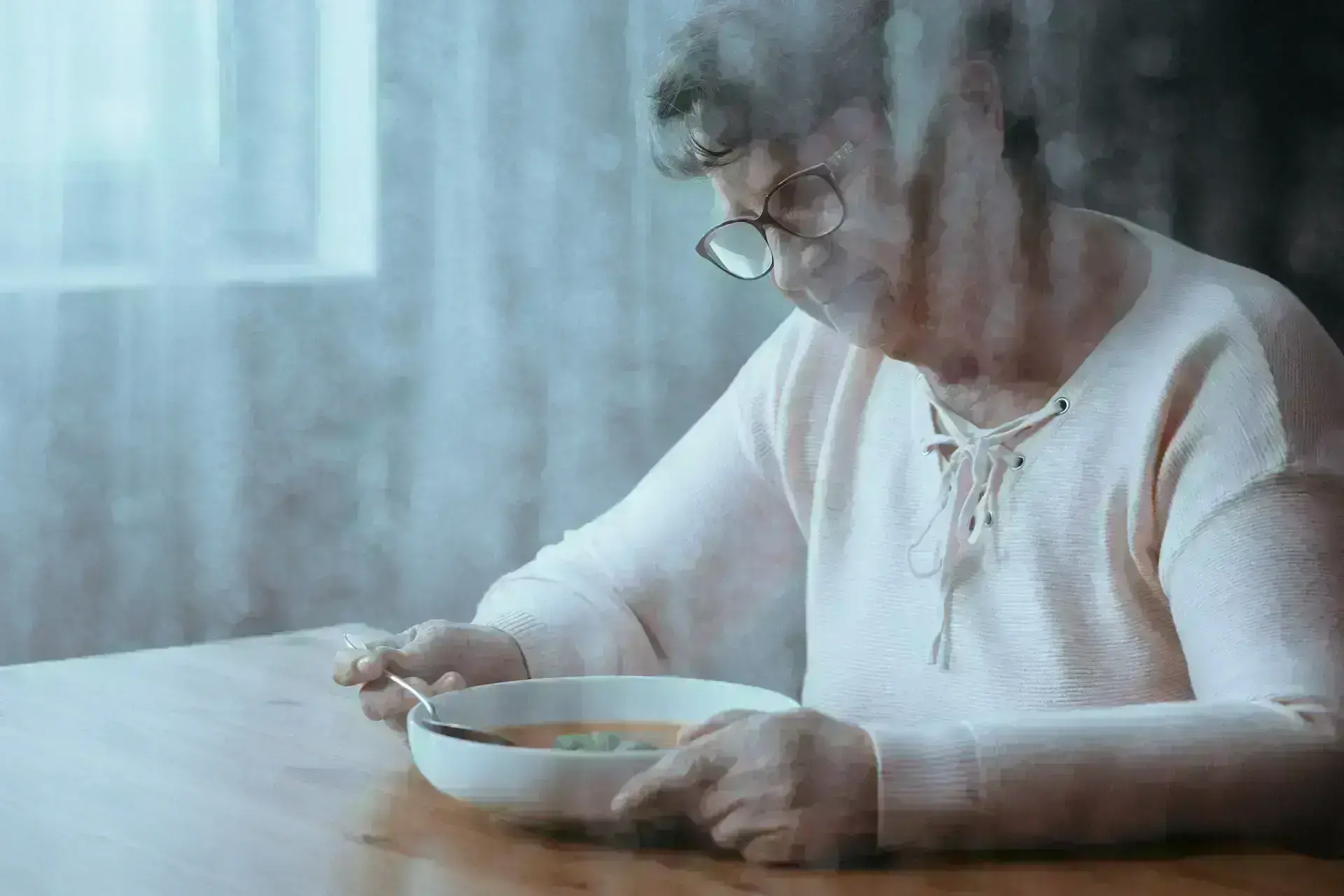- Home
- Medical news & Guidelines
- Anesthesiology
- Cardiology and CTVS
- Critical Care
- Dentistry
- Dermatology
- Diabetes and Endocrinology
- ENT
- Gastroenterology
- Medicine
- Nephrology
- Neurology
- Obstretics-Gynaecology
- Oncology
- Ophthalmology
- Orthopaedics
- Pediatrics-Neonatology
- Psychiatry
- Pulmonology
- Radiology
- Surgery
- Urology
- Laboratory Medicine
- Diet
- Nursing
- Paramedical
- Physiotherapy
- Health news
- Fact Check
- Bone Health Fact Check
- Brain Health Fact Check
- Cancer Related Fact Check
- Child Care Fact Check
- Dental and oral health fact check
- Diabetes and metabolic health fact check
- Diet and Nutrition Fact Check
- Eye and ENT Care Fact Check
- Fitness fact check
- Gut health fact check
- Heart health fact check
- Kidney health fact check
- Medical education fact check
- Men's health fact check
- Respiratory fact check
- Skin and hair care fact check
- Vaccine and Immunization fact check
- Women's health fact check
- AYUSH
- State News
- Andaman and Nicobar Islands
- Andhra Pradesh
- Arunachal Pradesh
- Assam
- Bihar
- Chandigarh
- Chattisgarh
- Dadra and Nagar Haveli
- Daman and Diu
- Delhi
- Goa
- Gujarat
- Haryana
- Himachal Pradesh
- Jammu & Kashmir
- Jharkhand
- Karnataka
- Kerala
- Ladakh
- Lakshadweep
- Madhya Pradesh
- Maharashtra
- Manipur
- Meghalaya
- Mizoram
- Nagaland
- Odisha
- Puducherry
- Punjab
- Rajasthan
- Sikkim
- Tamil Nadu
- Telangana
- Tripura
- Uttar Pradesh
- Uttrakhand
- West Bengal
- Medical Education
- Industry
Food security significantly linked to severe hypoglycemia among elderly diabetes patients, finds study

Food security is significantly linked to severe hypoglycemia among elderly diabetes patients, a study suggests a study published in the Diabetes & Aging Study.
Severe hypoglycemia is a serious adverse drug event associated with hypoglycemia-prone medications; older patients with diabetes are particularly at high risk. Economic food insecurity (food insecurity due to financial limitations) is a known risk factor for hypoglycemia; however, less is known about physical food insecurity (due to difficulty cooking or shopping for food), which may increase with age, and its association with hypoglycemia. Survey responses were collected in 2019 from 1,164 older (≥ 65 years) patients with type 2 diabetes treated with insulin or sulfonylureas. Risk ratios (RR) for economic and physical food insecurity associated with self-reported severe hypoglycemia (low blood glucose requiring assistance) adjusted for age, financial strain, HbA1c, Charlson comorbidity score and frailty. Self-reported reasons for hypoglycemia endorsed by respondents.
Key Results: Food insecurity was reported by 12.3% of the respondents; of whom 38.4% reported economic food insecurity only, 21.1% physical food insecurity only and 40.5% both. Economic food insecurity and physical food insecurity were strongly associated with severe hypoglycemia (RR = 4.3; p = 0.02 and RR = 4.4; p = 0.002, respectively). Missed meals (“skipped meals, not eating enough or waiting too long to eat”) was the dominant reason (77.5%) given for hypoglycemia. Hypoglycemia prevention efforts among older patients with diabetes using hypoglycemia-prone medications should address food insecurity. Standard food insecurity questions, which are used to identify economic food insecurity, will fail to identify patients who have physical food insecurity only.
Reference:
Karter, A.J., Parker, M.M., Huang, E.S. et al. Food Insecurity and Hypoglycemia among Older Patients with Type 2 Diabetes Treated with Insulin or Sulfonylureas: The Diabetes & Aging Study. J GEN INTERN MED (2024). https://doi.org/10.1007/s11606-024-08801-y
Dr. Shravani Dali has completed her BDS from Pravara institute of medical sciences, loni. Following which she extensively worked in the healthcare sector for 2+ years. She has been actively involved in writing blogs in field of health and wellness. Currently she is pursuing her Masters of public health-health administration from Tata institute of social sciences. She can be contacted at editorial@medicaldialogues.in.
Dr Kamal Kant Kohli-MBBS, DTCD- a chest specialist with more than 30 years of practice and a flair for writing clinical articles, Dr Kamal Kant Kohli joined Medical Dialogues as a Chief Editor of Medical News. Besides writing articles, as an editor, he proofreads and verifies all the medical content published on Medical Dialogues including those coming from journals, studies,medical conferences,guidelines etc. Email: drkohli@medicaldialogues.in. Contact no. 011-43720751


